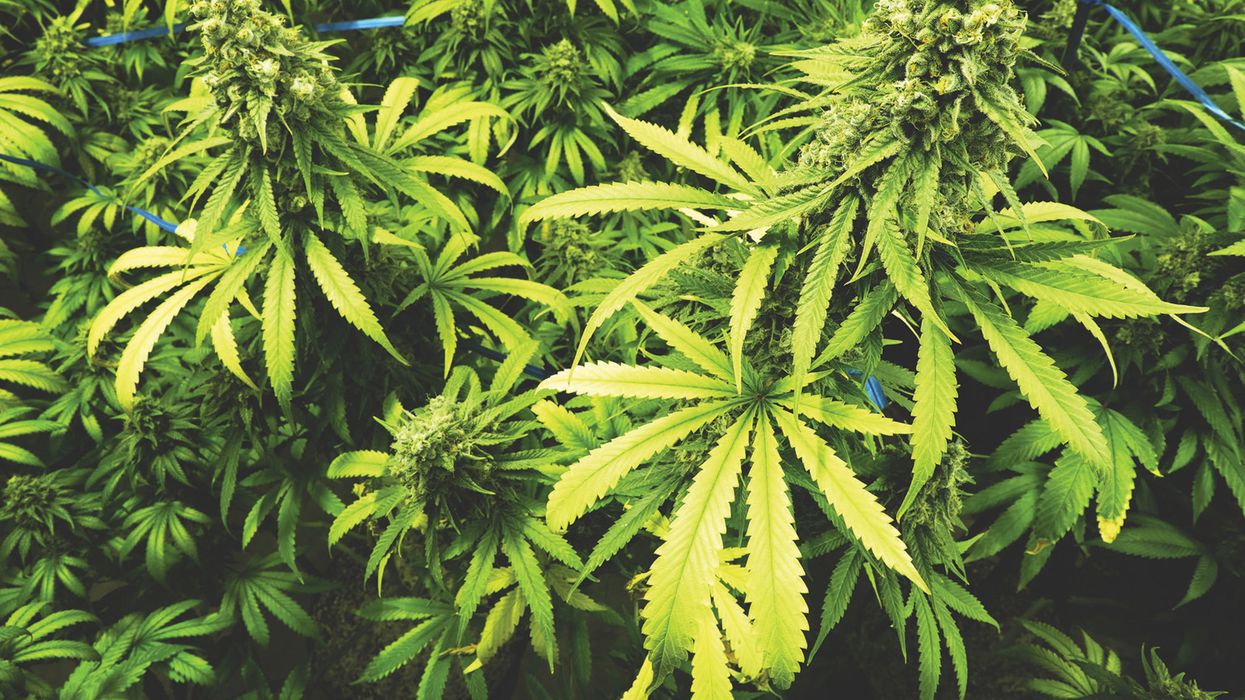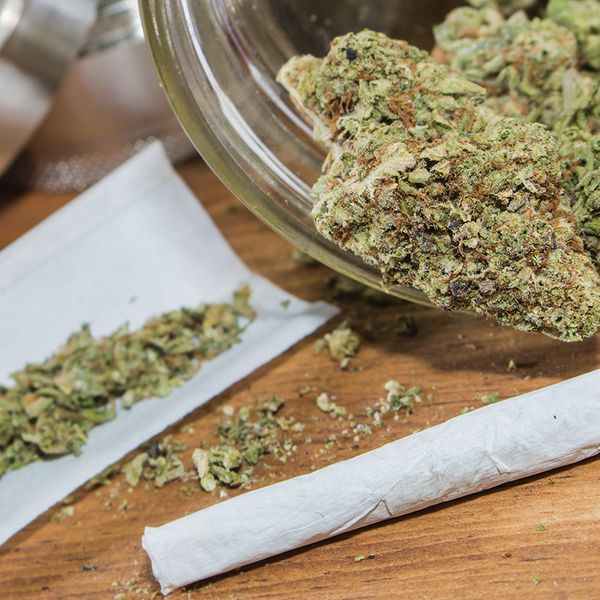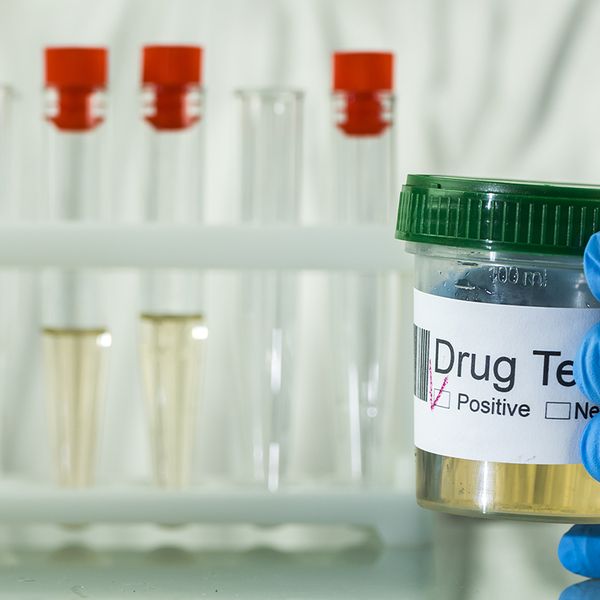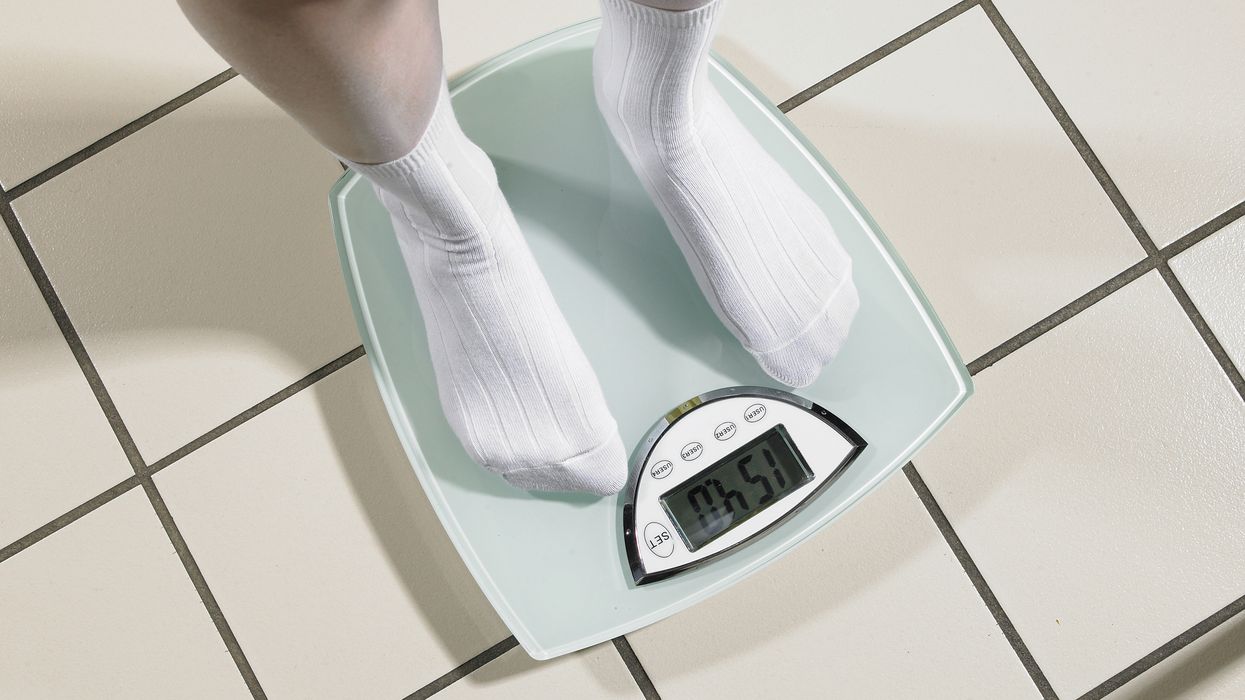Does marijuana matter when you’re hiring?
Changes to marijuana laws keep coming. The District of Columbia is considering banning some employer actions relating to cannabis use, similar to a law that took effect in New York last year.
In May, Rhode Island became the 19th state to legalize recreational marijuana, and medical marijuana is now legal in 37 states.
Marijuana as a barrier for job candidates
Increasingly, state laws are providing protections for off-duty use. Even in states where cannabis use isn’t protected, marijuana might be a stumbling block when you’re looking for the right job candidate. A candidate’s resume might be quickly placed into the “No” pile because of a past conviction for marijuana possession. Or maybe the candidate failed a drug test.
Marijuana use doesn’t need to be the end of the road for these applicants, however, and in some states it should not be a reason to automatically exclude a job candidate.
State marijuana laws vary. In some states, a positive drug test for marijuana cannot be used as a reason to reject a job candidate. A state law may also require accommodation considerations if an individual has a medical marijuana card.
Given the trend toward marijuana legalization across the country and a tight labor market, many employers are wondering how to deal with this issue. One place to look for guidance is the federal government, which has addressed the issue in its hiring practices. Its suggestions on how to handle marijuana use make sense in other workplaces as well.
Marijuana use and work: Items to consider
The U.S. Office of Personnel Management, which sets hiring standards for federal employees, provided department and agency leaders with advice on when to take marijuana use or a marijuana-related conviction into account in hiring. Here is the list of items the federal government takes into consideration:
The nature of the position for which the person is applying or in which the person is employed;
- The nature and seriousness of the conduct,
- The circumstances surrounding the conduct,
- The recency of the conduct,
- The age of the person at the time of the conduct,
- Contributing societal conditions,
- The absence or presence of rehabilitation or efforts toward rehabilitation.
Under this guidance, a person is not immediately rejected for a job because of marijuana use or a past conviction for a marijuana-related charge. Other circumstances are taken into consideration.
Takeaways for employers
When hiring, marijuana use might not be a deal-breaker. Take time to assess whether a job candidate’s past or current marijuana use needs to be considered based on the position you’re hiring for.
In addition, consider whether state laws place restrictions on use of a positive drug test for marijuana when making a hiring decision. Sometimes past or current marijuana use is absolutely not allowed. For example, a commercial truck driver who is regulated by the Department of Transportation needs to be removed from a safety-sensitive position after testing positive for any illegal drugs, including marijuana.
For other positions, testing for marijuana or a conviction for possession of a small amount of the drug might not be as critical. Using the checklist above can help you think through the issue and decide how it relates to the position you’re hiring for.
Your policy
After a candidate is hired, the candidate can be expected to adhere to your company’s drug and alcohol policy. Your policy will depend on your workplace needs and state laws. In all states, employers can prohibit:
- Marijuana use in the workplace,
- Marijuana possession in the workplace,
- Impairment from marijuana use during work hours.
Make sure all job candidates and employees are aware of your policy and expectations.
Key to remember: When determining whether or not to make marijuana use a factor in a hiring decision, take the nature of the job, workplace needs, and state and federal laws into account.





















































